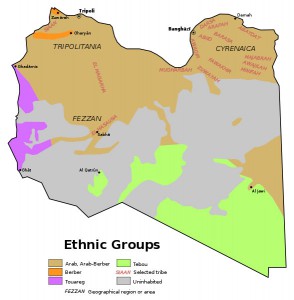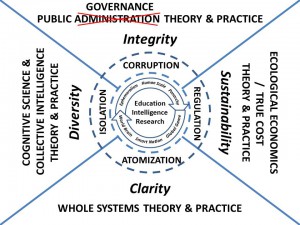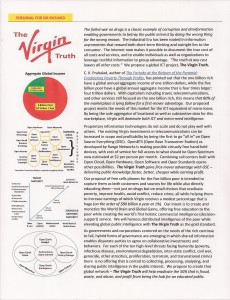
Swarmwise – The Tactical Manual To Changing The World. Chapter One.
Swarm Management: Somewhere today, a loose-knit group of activists who are having fun is dropkicking a rich, established organization so hard they are making heads spin. Rich and resourceful organizations are used to living by the golden rule – “those with the gold make the rules”. New ways of organizing go beyond just breaking the old rules into downright shredding them – leaving executives in the dust, wondering how that band of poor, rag-tag, disorganized activists could possibly have beaten their rich, well-structured organization.
On June 7, 2009, the Swedish Pirate Party got 225,915 votes in the European Elections, becoming the largest party in the most coveted sub-30 demographic. Our campaign budget was 50,000 euros. Our competitors had spent six million. We had spent less than one per cent of their budget, and still beat them, giving us a cost-efficiency advantage of over two orders of magnitude. This was entirely due to working swarmwise, and the methods can translate to almost any organized large-scale activity. This book is about that secret sauce.
A swarm organization is a decentralized, collaborative effort of volunteers that looks like a hierarchical, traditional organization from the outside. It is built by a small core of people that construct a scaffolding of go-to people, enabling a large number of volunteers to cooperate on a common goal in quantities of people not possible before the net was available.







